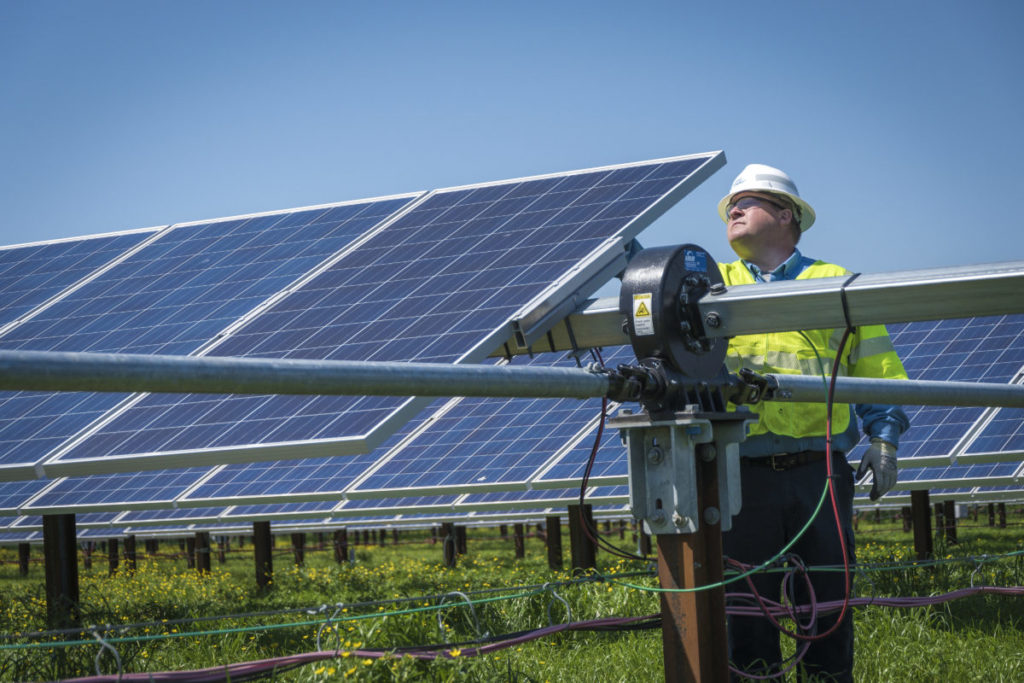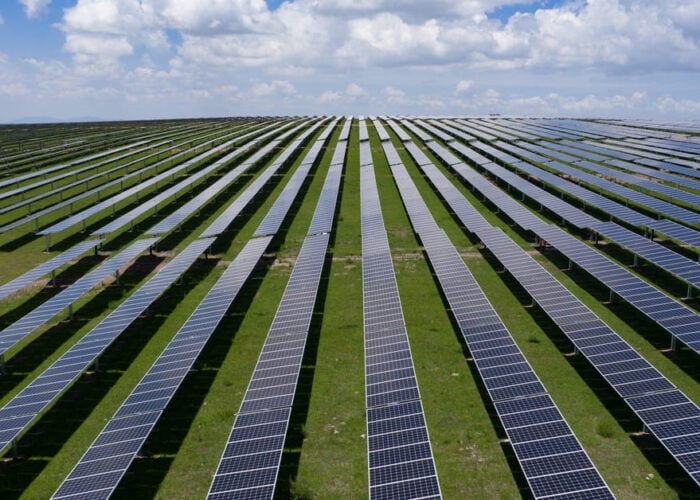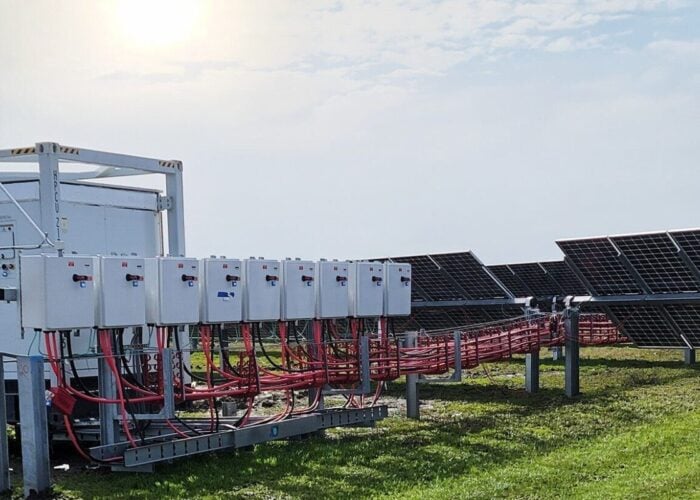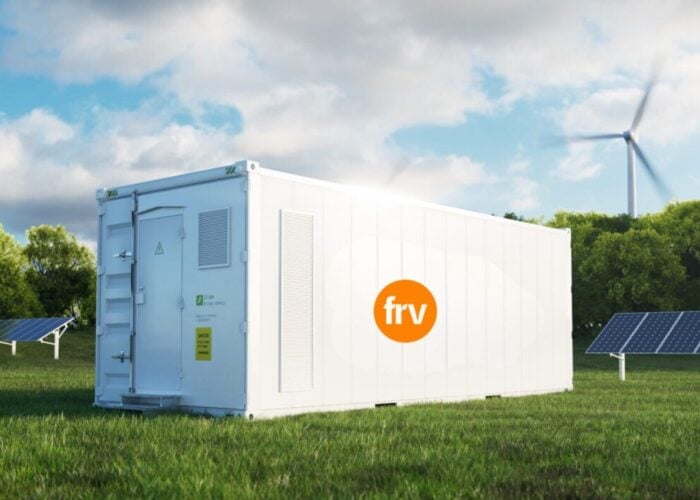
Southeast US utility Duke Energy has sold its distributed commercial generation portfolio – including solar PV developer REC Solar and all of its assets – to investment firm ArcLight Capital Partners. Financial details of the transaction were not disclosed.
Duke Energy said that the proceeds would be used to “strengthen Duke Energy’s balance sheet and avoid additional holding company debt issuances.” The utility also recently sold its utility-scale renewables generation arm to global asset manager Brookfield Renewable for US$2.8 billion.
Try Premium for just $1
- Full premium access for the first month at only $1
- Converts to an annual rate after 30 days unless cancelled
- Cancel anytime during the trial period
Premium Benefits
- Expert industry analysis and interviews
- Digital access to PV Tech Power journal
- Exclusive event discounts
Or get the full Premium subscription right away
Or continue reading this article for free
In October 2022, Duke Energy set out its 10-year plan to possess 30GW of renewables capacity in its portfolio by 2035, a US$40 billion plan that coincides with its target date for phasing out coal from its operations.
The company currently owns Piedmont Natural Gas, a leading gas provider for the Carolinas and Tennessee, and according to research from the University of Massachusetts Amherst, Political Economy Research Institute, it is the second largest producer of carbon dioxide emissions in the US.
Under the 10-year plan, a further US$75 billion will go towards transmission and distribution infrastructure, a sector in which Duke is seemingly increasing its activity.
Last month energy consultancy DNV published findings that the US’ interconnection and clean energy generation targets present a US$12 trillion cumulative investment opportunity through 2050. Fellow utility Edison International published a white paper at a similar time saying that its native California would need US$370 billion for transmission and distribution upgrades.
PV Tech notes that under US Rate Base Legislation, utilities can receive a rate of return from federal and state governments based on the value of their owned assets, including power transmission lines. This can be reflected in consumer energy costs.
Duke Energy submitted an application to the North Carolina Utilities Commission in January 2023 requesting a rate increase of a total US$833.2 million in retail base revenues, as well as a residential decoupling request that would separate its profits from its direct sales of energy. The request was informed by Duke’s investments in renewables and retiring its coal plants since 2019, including those in transmission infrastructure.
Speaking about its acquisition by ArcLight, Lawrence Denney, CEO of Duke subsidbiary REC Solar said: “ArcLight’s investment provides us with an opportunity to build on [our] legacy and evolve with today’s changing renewables landscape. With their backing, we’re able to expand our reach and drive growth at scale, enabling and financing more on-site solar and storage opportunities while also bringing solar to communities that haven’t traditionally had access.”
Distributed and commercial solar assets, like those in this transaction, are on the rise in the US and other developed countries and will require developed distribution grids. PV Tech Premium recently published a feature on the impact that the Inflation Reduction Act could have on US commercial and industrial solar.






